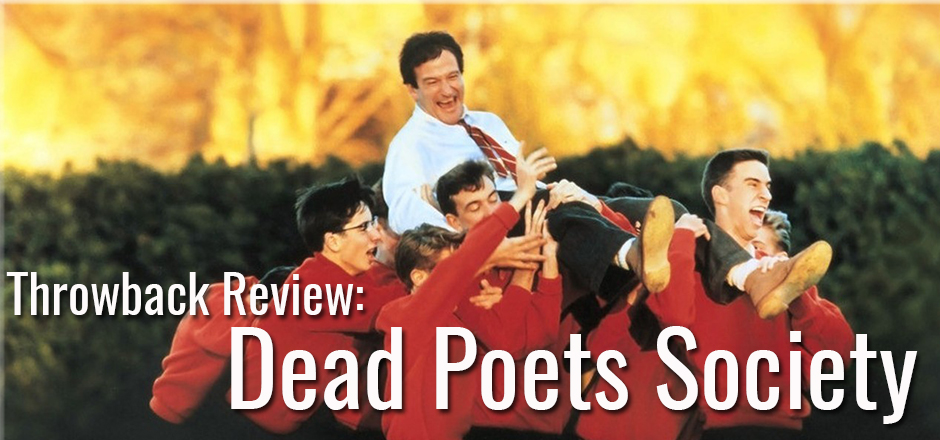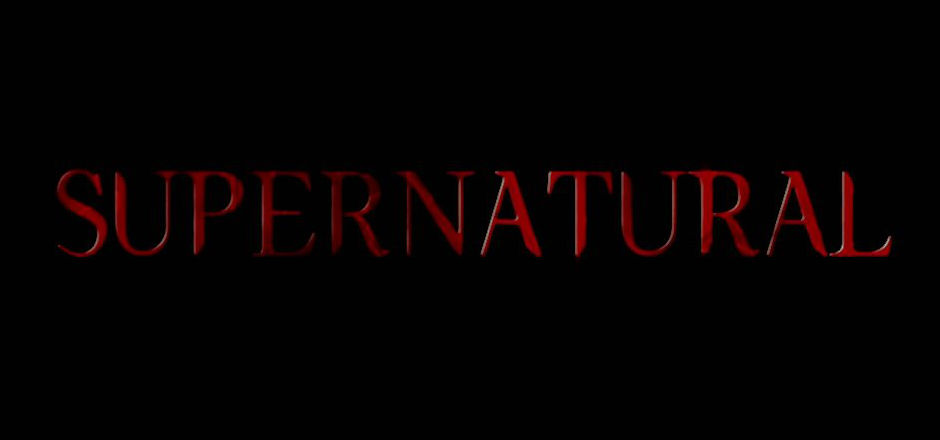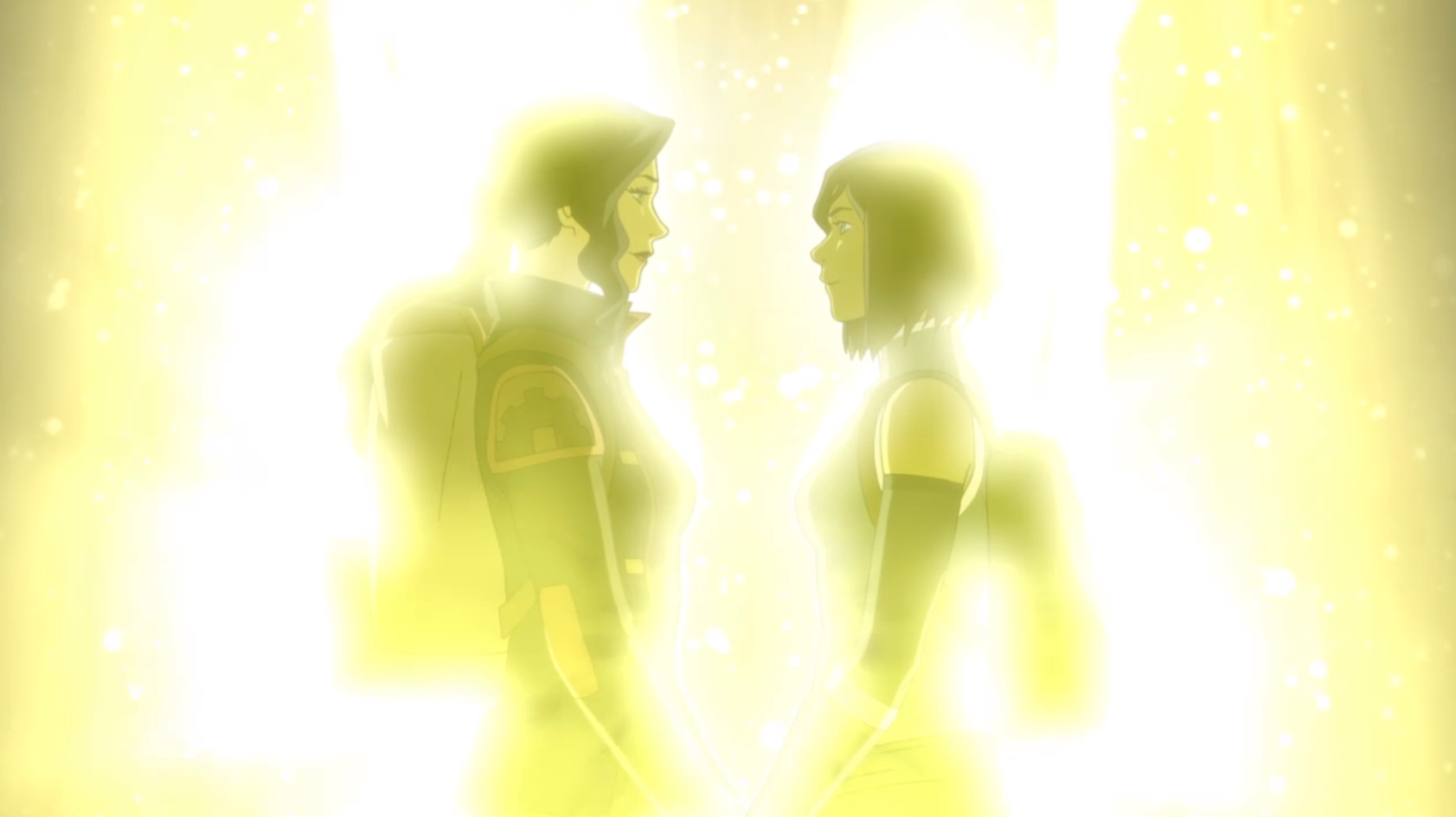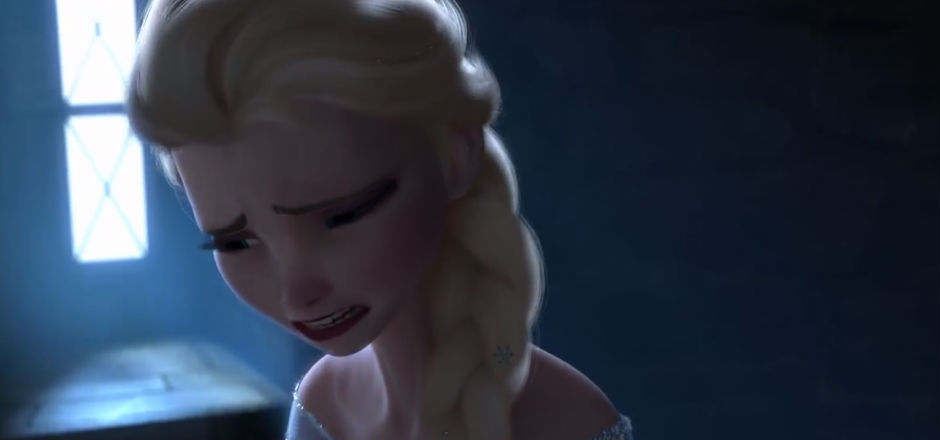There are some movies that are so iconic, they get parodied into oblivion. There’s a good chance that even if you’ve never seen Dead Poets Society, you’ve seen something that has referenced it. As far as ‘inspirational teacher’ movies go, it’s first in line.
The movie takes place at an all-male prep school in 1959. A group of young men take in a new kid named Todd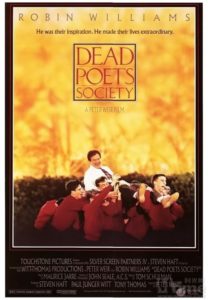 Anderson as a part of their clique after being roomed with the popular Neil Perry. Another new face at the tight-laced Welton Academy is the English professor, John Keating played by Robin Williams. Our main group of boys quickly discover that Mr. Keating is a very unorthodox teacher, encouraging them to be free thinkers in an environment that pushes them to fall in line with authority. He inspires them to be artful and brave. He whispers “Carpe Diem” to them and has them tear out pages of their textbooks.
Anderson as a part of their clique after being roomed with the popular Neil Perry. Another new face at the tight-laced Welton Academy is the English professor, John Keating played by Robin Williams. Our main group of boys quickly discover that Mr. Keating is a very unorthodox teacher, encouraging them to be free thinkers in an environment that pushes them to fall in line with authority. He inspires them to be artful and brave. He whispers “Carpe Diem” to them and has them tear out pages of their textbooks.
The boys discover that Keating was a part of a club called the Dead Poet Society when he was a student at Welton Academy. When questioned, he tells the boys of the time he spent with his closest friends in the woods, reciting poetry and philosophizing. The boys decide to revive the old club, and often sneak away to the same spot in the woods Mr. Keating had years ago.
As the boys start to take Mr. Keatings teachings to heart, they begin to act out against the authoritative administration. When the world starts to push back, one of the boys falls victim to a tragedy. An investigation ensues, eventually laying the blame on Mr. Keating for teaching the boys to question the status quo.
This movie made a real attempt to critique traditional power structures and support male bonding. Unfortunately, the film’s treatment of women leaves much to be desired.
It’s totally possible to make a movie that focuses on masculine themes without being degrading towards the femininity. One of the boys, Charlie, is characterized to be a very sexual guy. I mean, he’s always talking about sex and women. And when he’s not talking about it, he’s drawing boobs. I’m not kidding. But we see Charlie push his naughty drawing away when he starts getting interested in the poetry lecture Keating is giving.
Later on, Charlie brings two women to one of the Dead Poets Society meetings and objectifies them to hell and back, all the while reciting poetry to them he claimed to have written himself (spoiler: it was Shakespeare). Charlie, inspired by Keating to “seize the day” pens an article and pulls a stunt to protest the absence of women students at Welton. Do you think Charlie wanted women there to give them a chance at a better education? Do you think his intention was to close the gender gap? I doubt it, not this skeevy little creep.
Robin Williams is the most watchable part of this whole movie. And he is actually inspiring, even with trademark impressions forced into the script. The most powerful part of the film, in my opinion, is when Keating pressures Todd into finally opening up and reciting the poetry deep inside of him. While in reality I wouldn’t condone pressuring an introverted student into participating, it made for a really genuine moment in the film.
But even Keating isn’t exempt from the mistreatment of women in this movie. At one point, he asks why language was created. The correct answer, apparently, is to woo women. A minor offense, especially in a film set in the late 50s at an all-male school, but it’s the implication of that statement that really rubs me the wrong way. Women have participated in the art of language throughout history. It implies women are things to be won over instead of equal participants, and I don’t care for that.
The absolute worst offense is done by a supporting character named Knox Overstreet. This kid meets a girl once at a dinner party he was invited to and is convinced he’s in love with her. He knows she has a boyfriend but pursues her anyway. Eventually, she invites him to a party she will be attending with her boyfriend. Knox gets a bit tipsy and finds his love interest, Chris, passed out on the couch. He whispers “Carpe Diem” and then proceeds to touch her arm and kiss her forehead. Her boyfriend catches him doing this and gives him a bloody nose. Chris wakes up and actually goes to the defense of Knox. The movie played this whole scenario like it was some brave act of love instead of a sexual assault.
Knox then proceeds to burst into her school and read her a poem in front of her friends and classmates. She is horrified. He is still framed as a brave hero. She keeps telling him to leave her alone and he keeps coming back until she agrees to go see a play with him. So I guess what young men should take away from this story is that when a girl says no, ignore her and keep on trying to “seize the day.”
This movie had a lot of potential to be great and I’m sure it was really progressive for Hollywood in the late 80s, but its flaws in the treatment of women kept it from being more than minorly enjoyable for me. It tackles a lot of tough subjects young men face even today, and I respect it for that attempt, but at the end of the day it’s still a movie about a bunch of white, straight, rich boys. I sympathize with the issues they face but my sympathy can only go so far if some of those characters are blatant sexists.
It’s okay to still be inspired by this movie. It is cited to be one of the most inspirational movies to come out of Hollywood, after all. But be aware of the very dangerous messages it could be sending young men, even if they’re broadcasted next to the good messages. Dead Poets Society is based on the beauty of language and, just like the social issues we value, language evolves.
—
Jamie Stewart is the Assistant TV & Film Editor for Girls in Capes. She’s interested in filmmaking, film criticism, video games, and her cat. You can check out her website at jamienstewart.com or follow her on Twitter @jamstew.
